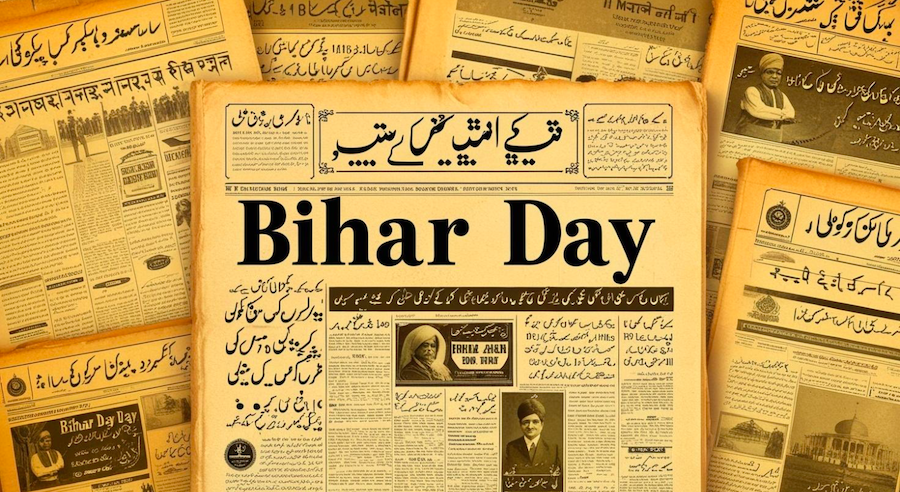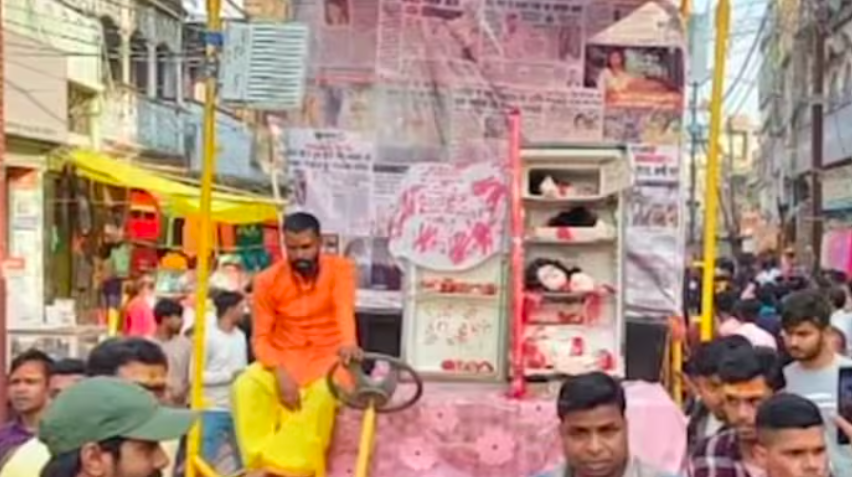Madhusree Chatterjee
Pragmatism is replacing romantic idealism in Indian literature, which is increasingly drawing its inspiration from everyday struggles for existence in the context of larger socio-economic and political movements like globalisation, English education, revivalism, conflicts and human rights crusades.
The pro-people trend in regional literature is a post-Independence wave brought about by progressive and secular ideas in intellectual space, says a cross-section of Sahitya Akademi award-winning writers. While in the south, marginalised voices of the socially-repressed groups found their way into writing, in the eastern and northern heart of the country, the plight of the peasants, women and political movements like Maoism influenced language writers.
In 1990-2000, globalsiation, consumerism, eco-degradation and the micro-cultural ethos have been powering literary genres.
In the last 10 years, Tamil literature has seen a drastic change from “art for art’s sake to art for the people’s sake”, Tamil writer D. Selvaraj said.
“It has moved out of the phase of art’s sake to people’s sake largely because of two groups of progressive writers – People’s Writers’ Association in Chennai and Progressive Writers’ and Artists’ Association of Tamil Nadu,” Selvaraj, who received a Sahitya Akademi award for his novel “Thol” this year, said.
“Thol (Leather)” is the story of the humiliation and atrocities faced by people working in tanneries.
“I am a Marxist and I write only about the sufferings and struggles of workers, peasants and the middle class,” he said. In his early youth, as a student at Thiruneveli, Selvaraj came across progressive stalwarts like T.M.C. Raghunathan, Professor V. Vanamamalai and T.K. Shiva Shankar. “And they influenced me…,” Selvaraj said.
Since the 1980s, “a lot of tribal experience has been creeping into Indian literature with the consolidation of Dalit movements,” said noted Kannada writer H.S. Shiva Prakash, who was honoured with the Sahitya Akademi award for his “Mabbina Haage Kaniveyaasi” collection of new age poetry.
“The Dalit writers and women changed the early romantic and elitist paradigms in writing nearly 30 years ago. There was a new efflorescence in Indian writing that has now reached a plateau. Karnataka had very interesting and rich literature during the pre-Independence period. Modern literature is vibrant but it is not snowballing into something momentous,” Shiva Prakash said.
“The fact that several intelligent young Kannadiga writers are taking to English is posing a problem,” the writer said. “Those who write in Kannada and dialects from rural areas cannot match the style of English-speaking city writers despite the former’s powerful people-oriented stories. Writers who have the stuff usually don’t have the style and vice versa…” he said.
As a result, regional literature has not been able to achieve the “sadharani karana” (objective correlative) – a generalisation of a particular concept that makes literature relevant across the geographical divide “like that by Leo Tolstoy”, the writer said.
“Rabindranath Tagore, India’s most visible ‘bhasha’ writer, was one of the few to achieve this universalism,” said Shiva Prakash, who is also director of the Tagore Centre in Berlin.
Maithili writer Shefalika Verma’s poem, “My Village”, translated by Chicago University, is taught in schools in England. The theme has a universal relevance because it talks about the “changing rural landscape in India against the backdrop of my own village in north Bihar”, Verma said.
“The flood-ravaged plains of north Bihar wracked by storms, disease and famine are the new social mirrors of local literature – despite the region’s rich lineage of poets like Vidyapati… Gender is now a major social concern in north Bihar,” Verma added.
Verma writes on women’s issues – “the way they are treated like vegetable sacks in godowns without any rights”.
The literary realities in Punjab, unlike southern India, have been coloured by globalisation, poet Darshan Buttar said.
“There is pizza, but where is the ‘roti’ ? There is butter cheese, but no ‘lassi’ or ‘makki saag’. There are new seeds from the west in place of local seeds. Women are not sure about their bodies. The whole society is subservient to market and capitalist forces,” Buttar said about his poetry.
His collection of poems, “Maha Kambani”, written in the Bhakti-Sufi tradition, infuses traditional ethos with modern sensibility.
The marginalised is the new hero in Bengali writer Subrata Mukhopadhayay’s Sahitya Akademi award-winning novel “Birasana”. He writes about a beggar.
“The violence and turmoil in the northeast has given the regional literature a new aggression,” Assamese writer Chandana Goswami said. (Courtesy: Newzfirst)









